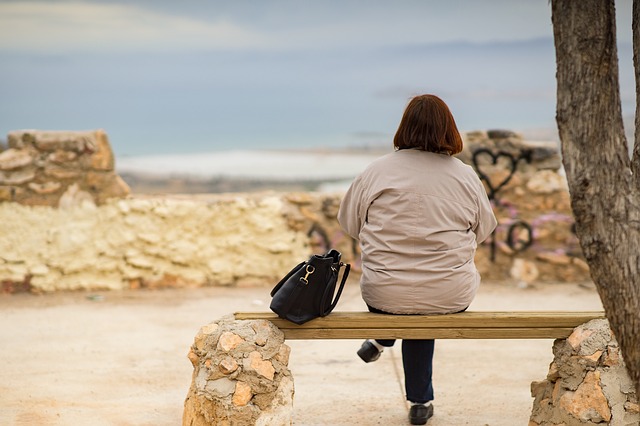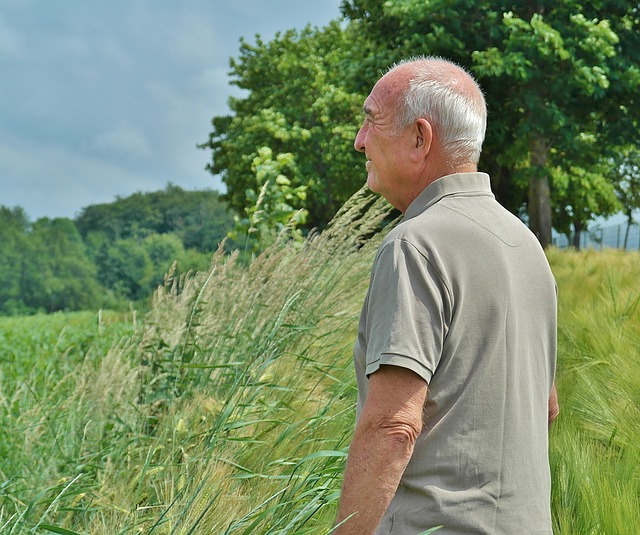
How To Help A Senior With Alcoholism
The nature of alcoholism means that there are few differences between trying to help a senior with alcoholism .v. helping someone in earlier years.
The major challenge in assisting anyone with alcohol addiction is usually at the start of the process – overcoming denial, and helping someone actually *want* to get better.
Denial manifests as the initial lack of acceptance or admission that the individual has a problem with alcohol, and the lack of desire to get better from it.
But for someone to have reached a place where this is possible – where it is possible to continue to exist in this circumstance – they usually must be assisted by others.
What I mean is, unintentionally.
After all, what chronic alcoholic do you know has been capable of maintaining the habit for decades, keeping that financially viable, and living a functional life, with a relationship, perhaps childrem etc?
It’s not possible to do that for any length of time alone.
The brutal truth is that alcoholism is a diease of denial, but more accurately – lack of responsibility.
What do most alcoholics who do recovery successfully, do? How do they make the journey from uncontrolled addiction, to a life back in control?
The answer is they have to stand up and take a ton of responsibility for the effects of the events in their lives, and deal with it.
That is the truth.
We can augment it and soften it, and achieve that over time, with supported living, supported accommodation, supported x, y, z.
But the process and the journey remains the same.
None of us are responsible entirely, for the events which happen to us. But we are repsonsible for the effects of those events, and how we deal with them.
This doesn’t mean people do not deserve support on that journey. In fact, the opposite is true.
Individuals having undergone extreme trauma and difficulty in their lives deserve support and assistance to get back on their feet, resume taking responsibility in their lives, and change the meanings they have attached to old events, in order to help them achieve that.
So the next time you consider yourself “helping” an alcoholic – consider again whether you are truly helping them get better, or whether you may be fuelling their denial, or lack of willingness to get better.
How do you help someone *want* to get better from alcoholism?
Another brutal truth here – usually, you don’t.
Sure, there are companies who offer intervention services with the promise of helping your loved one get into an addiction treatment clinic etc but the truth is that anyone who enters rehab can leave voluntarily, if they wish.
Rehab clinics are not mental health units, and if your loved one wants to leave treatment, they can (and will).
Sure, there are ways to emotionally connect your loved one or senior you’re caring for, with the potential positive elements of being in recovery, and the potential pain of continuing in alcoholism.
But the speed of their decision, the nature of their decision, and when they reach that, is up to them.
If you act beyond that, once again you are taking responsibility for someone who needs to take responsibility for themselves. And you must ask yourself if this is really wise, or likely to contribute to another person’s development of their own sense of responsibility.
It’s commendable to encourage, to motivate, to speak positively of the benefits of getting into addiction recovery.
It’s understandable to want the best for your loved one, to want them to get better.
It’s quite different to try to take responsibility for them, or to attempt to force them into treatment at a time they don’t want to, or against their wishes.
Usually this will result in a detox alone, followed by self-discharge, and a continuation of the pattern of alcoholism.
With all this being said. There is always hope.
If you do want to take responsibility, if you are ready to get better, if no-one has forced you into it, it is never too late to start a recovery journey, no matter your age, wisdom, denial, or other factors.

 Besides the differing physical effects of alcohol and drugs on seniors to begin with, there is also a differing effect during physical and chemical withdrawal, and detox also.
Besides the differing physical effects of alcohol and drugs on seniors to begin with, there is also a differing effect during physical and chemical withdrawal, and detox also.